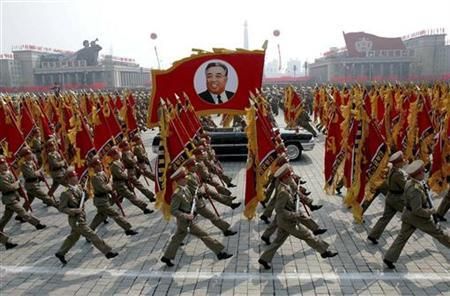
Available via the website of the Interpreter Foundation, a podcast that you might find interesting:
“The Fourth Gospel,” with Joshua Matson
“Even a casual, first-time reader quickly notices that the Fourth Gospel, or the Gospel of John, is different than the other New Testament gospels. From the first verse, the metaphorical language tells readers that this is more than a historical rehearsal; it is scripture written to persuade men that Jesus is the Christ, the promised Redeemer of Israel.
“Jesus’ Second Temple period Jewish audience would have had expectations of what the Messiah would be like and what he would do. Depending on their religious community and sect, these hopes would likely represent exaggerations of various Old Testament prophecies. Some of the Jewish leadership had willingly altered the concept of the Messiah, but other characteristics became distorted through time.
“The fourth evangelist likely wrote his gospel to a group of Jewish-Christian believers in the late part of the first century after Christ’s death. He meant his message to inspire Jews to re-examine their expectations and assumptions regarding the Messiah. The writer deliberately presents contrasting interpretations of messianic prophecy to emphasize how misguided expectations that hampered a belief in Christ.
“In this episode of Latter-day Saints Perspectives podcast, Laura Harris Hales interviews biblical scholar Joshua Matson about why many first century Jews failed to see Jesus as the Messiah. Matson identifies the biblical texts that speak of the Messiah and those that interpret those prophecies in the Apocrypha. Many of these scriptures spoke of a warrior king who would reunite a divided Israelite kingdom and deliver Israel from bondage.
“Jesus addressed these concerns during his ministry, and the fourth evangelist fashions the account to teach current Jews how to recognize the Messiah. His message to a first-century audience is just as applicable and beautiful to seekers today as it was two millenia ago. Tune in as Joshua Matson describes the messianic message of the Gospel of John.”
***
Finally!
“The Temple That Has Taken More than 80 Years to Break Ground”
***
Over the past day or two, a militantly atheistic commenter on my blog has denounced theism for its alleged record of mass murder and genocide and held before us the sunny prospect, instead, of a secular utopia. (He’s by far not the first person to have done so.)
Now, a proper response to such criticism would read, at least in part, “Fidel Castro. Vladimir Lenin. The Kims. The revolutionary Culte de la Raison. Enver Hoxha. Adolf Hitler. Pol Pot. Joseph Stalin. Chairman Mao.”
But some atheists — perhaps inspired by the late Christopher Hitchens, who popularized the notion that people whom he admired but who openly professed religion (e.g., Dietrich Bonhoeffer and Martin Luther King) were to be identified as secret atheists, while overt atheists from whom he desperately needed to disassociate himself (e.g., Kim Il-sung Kim Jong-il and Kim Jong-un) were to be regarded as actually theists, or to be blamed on theism — insist, despite their deep roots in Marxist-Leninist thinking and their alliances with the Soviet Union and the People’s Republic of China, that the Kims were and are standard-issue examples of the evils of religion. (See “No True Scotsman.”)
In that light, I offer here an example of the Kims’ cozy and affectionate relationship with Christianity:
“Associated Press story is only the latest chronicle of North Korea’s persecution of Christians”










